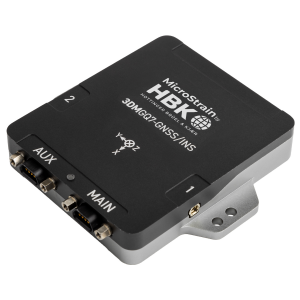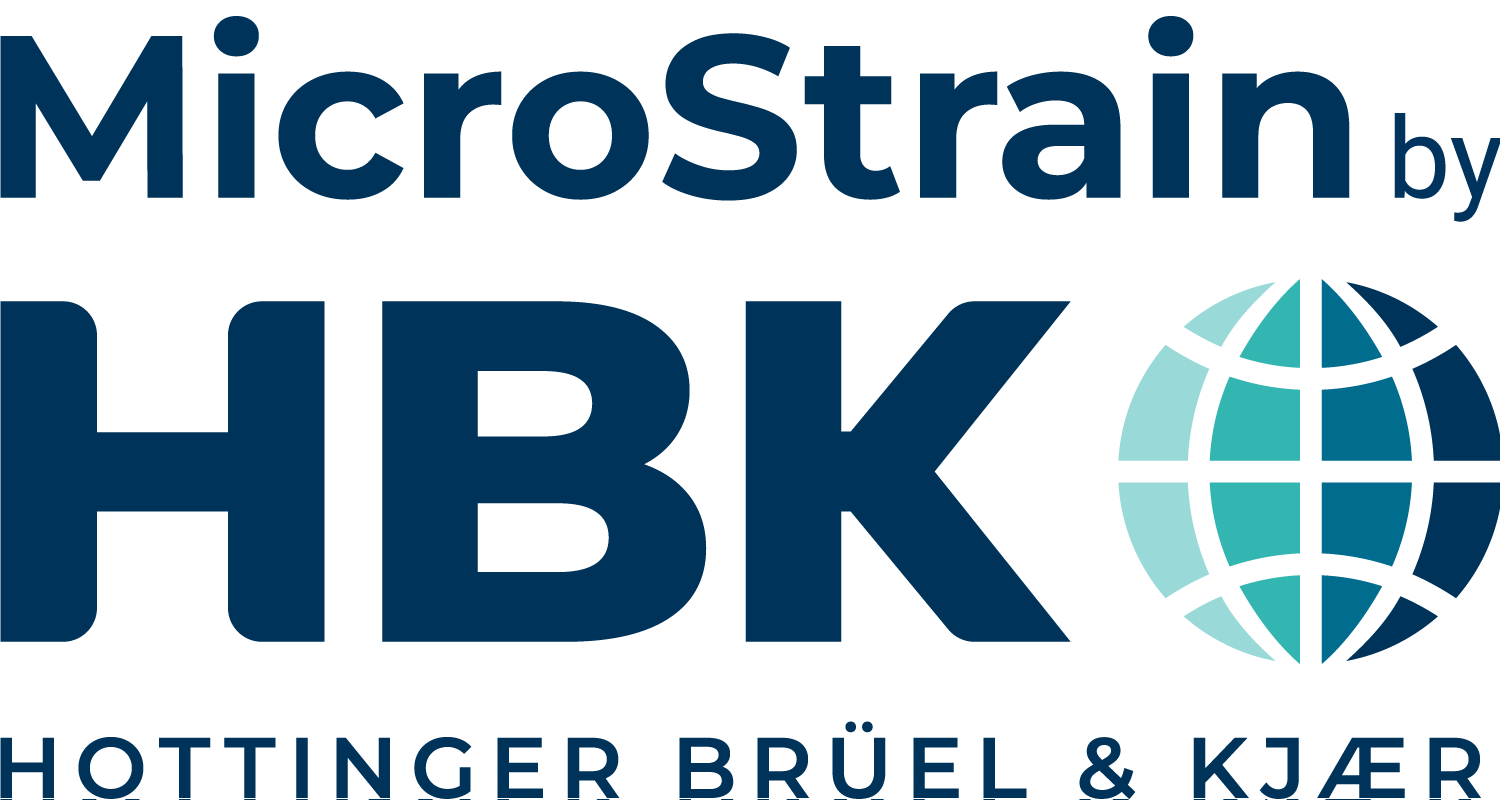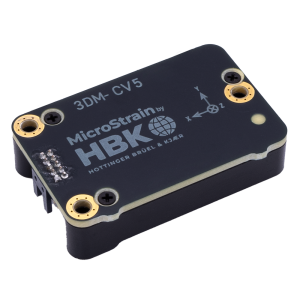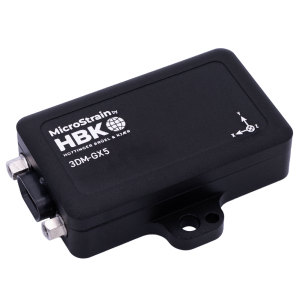

Dual Antenna Heading GNSS Kinematic Alignment Make Centimeter-Level Position Accuracy Possible
After several years of development, it is a reality. Centimetre-level position accuracy is now available in a variety of dynamic environments, even unpredictable conditions. Testing has shown this accuracy is possible through the use of a dual antenna heading or global navigation satellite systems (GNSS) kinematic alignment.
Dual antenna heading is considered the most robust initialization source but takes time and a clear view of the sky for an accurate measurement. Other methods can aid in obtaining accurate heading measurements. In a wheeled vehicle, GNSS kinematic alignment is a valid initialization method and allows for rapid filter initialization. Dual antenna heading measurements are not critical for maintaining accurate heading in dynamic environments. During periods of consistent linear acceleration and GNSS data, the Extended Kalman Filter (EKF) will provide an accurate estimate of heading. However, in periods of low dynamics, heading stability is solely dependent on gyro integration, which will drift over time. Dual antenna heading provides stability during these periods.
Testing
Normally, GNSS and INS performance accuracy is tested in an ideal static environment, and often not representative of the end-user performance. This is because dynamic environments can introduce the potential for errors through multipath, obscured sky view, vibration, inconsistent real-time kinematic (RTK) data streams and more.
This test was actually conducted in a standard urban environment, which included dense tree coverage, underpasses, buildings and imperfect cellular data coverage. Additionally, a default filter aiding source was used for GNSS position and velocity.
Results
For the RTK results, a reference navigation solution was generated using a higher-grade inertial navigation system (INS) and post-processing software. In order to have more representative data, the initial EKF convergence period was removed from the results. In addition, position accuracy is reported in the test vehicle reference frame and not the NED frame. This removes any error due to the vehicle frame lever arm offset between the 3DM-GQ7-GNSS/INS and the reference system.
Navigation Performance (RMSE)
- Roll, Pitch 0.04"
- Heading 0.24°
- Horizontal Position 0.04 m
- Vertical Position 0.07 m
- Velocity 0.04 m/s
In addition to the RTK position test, a test run using single-point positioning was also conducted using a longer driving loop. This test demonstrates the performance of the 3DMGQ7 without an RTK data stream.
Navigation Performance (RMSE)
- Roll, Pitch 0.05"
- Heading 0.35°
- Horizontal Position 0.78 m
- Vertical Position 0.70 m
- Velocity 0.09 m/s
Do you have questions about this case study?
Get in touch with MicroStrain by HBK, and they would be happy to answer any questions you have about pricing, suitability, availability, specs, etc.






![Do-Giant-Tortoises-Make-Good-Neighbors-1[1].jpg](https://cdn.geo-matching.com/vRMO2Edp.jpg?w=320&s=a6108b2726133ff723670b57bc54c812)



